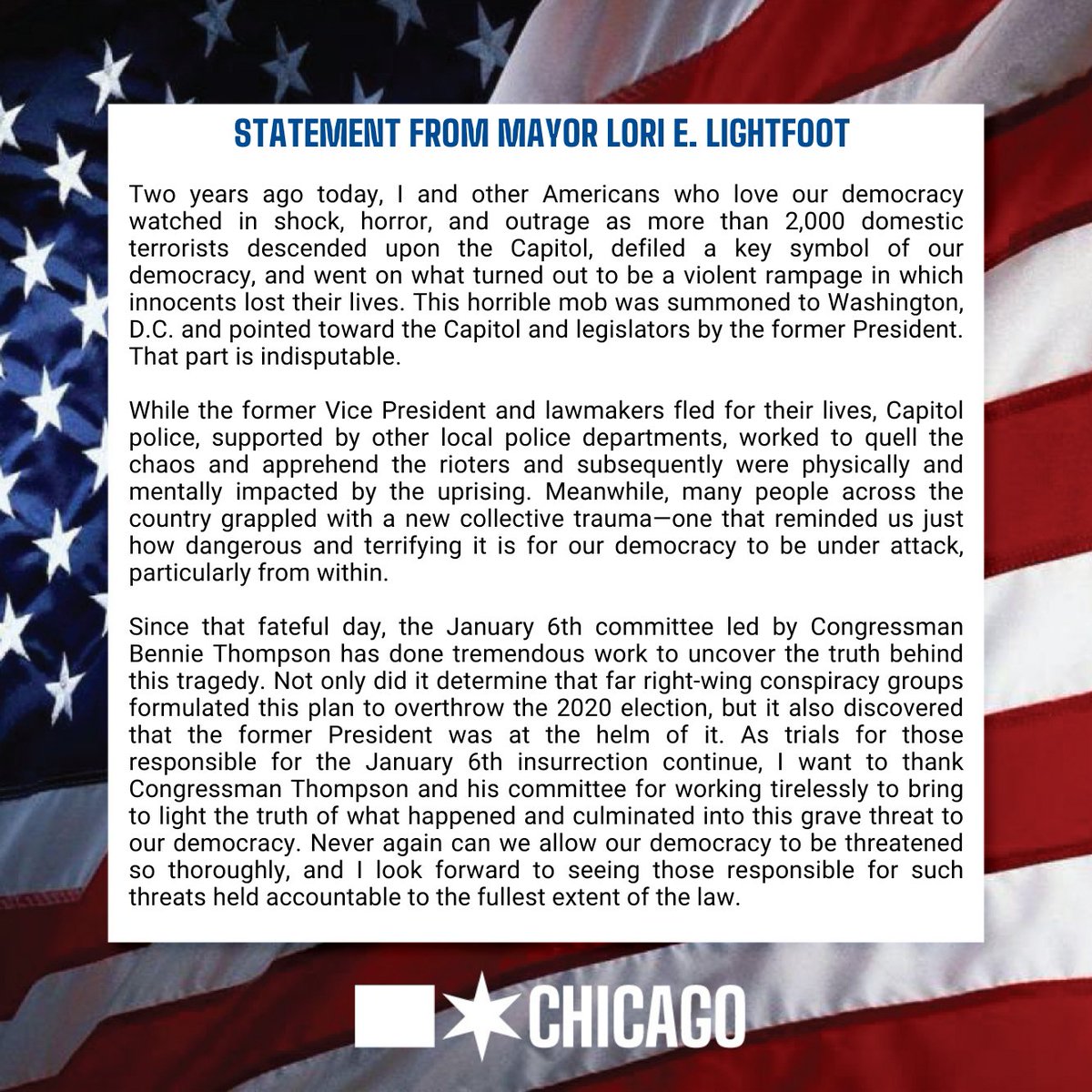Picture this: a city bustling with life, energy, and chaos. Behind the scenes, there's a team of dedicated individuals working tirelessly to keep the streets safe. These are the second city cops—unsung heroes who often fly under the radar but play a crucial role in maintaining order. In this article, we'll dive deep into their world, exploring their responsibilities, challenges, and why they matter so much.
When you think of law enforcement, the first image that comes to mind is probably the big-city police force—the ones you see on TV or in movies. But what about the second city cops? These guys and gals are just as important, if not more so, because they handle situations that don't always make headlines but are equally critical. From traffic violations to neighborhood disputes, they're the backbone of smaller cities and towns across the country.
So, why should you care about second city cops? Well, because they're the ones who keep your community safe when the spotlight isn't on them. They work long hours, deal with tough situations, and often don't get the recognition they deserve. In this article, we'll shed some light on their daily grind, the challenges they face, and how you can support them. Let's get started, shall we?
- Practical Nursing Nyc Your Ultimate Guide To Pursuing A Rewarding Career
- Nc Skip The Games The Ultimate Guide To Leveling Up Your Dating Game
Who Are Second City Cops?
Before we dive into the nitty-gritty, let's define who these second city cops really are. Simply put, they're law enforcement officers who serve in medium-sized cities or towns. Unlike their counterparts in major metropolitan areas, they often wear multiple hats, handling everything from traffic enforcement to community outreach. Think of them as the jack-of-all-trades in the world of policing.
The Role of Second City Cops
Now that we know who they are, let's talk about what they do. Second city cops have a wide range of responsibilities, from patrolling the streets to responding to emergencies. Here's a quick rundown:
- Patrolling neighborhoods to deter crime
- Responding to emergency calls, including accidents and domestic disputes
- Enforcing traffic laws to ensure road safety
- Building relationships with community members to foster trust
- Investigating crimes and gathering evidence
As you can see, their job is far from boring. They're constantly on the move, dealing with a variety of situations that require quick thinking and adaptability.
- Roland Garros Schedules Your Ultimate Guide To The French Open
- Richard Dane Witherspoon The Man Who Redefined Success In Modern Entertainment
Challenges Faced by Second City Cops
Being a second city cop isn't all smooth sailing. These officers face unique challenges that set them apart from their big-city counterparts. For one, they often work with limited resources. Budget constraints mean fewer officers on the streets, outdated equipment, and limited training opportunities. On top of that, they have to deal with the same types of crimes as larger cities but with less support.
Resource Constraints
One of the biggest hurdles for second city cops is resource allocation. Unlike big cities, which have access to state-of-the-art technology and a larger workforce, smaller cities often struggle to keep up. This means second city cops have to be creative in how they approach their work. They might have to rely on older vehicles, outdated communication systems, or even fewer personnel to cover the same area.
But here's the thing: despite these challenges, second city cops still manage to get the job done. They're resourceful, adaptable, and committed to serving their communities, no matter what obstacles they face.
Why Second City Cops Matter
Now that we've talked about who they are and what they do, let's discuss why second city cops matter so much. In many ways, they're the backbone of smaller communities. They provide a sense of security and stability that's often taken for granted. Without them, neighborhoods would be much less safe, and residents would feel more vulnerable.
Community Engagement
One of the key reasons second city cops are so important is their focus on community engagement. Unlike big-city cops, who might only interact with residents during emergencies, second city cops often build long-term relationships with the people they serve. They attend community events, participate in neighborhood watch programs, and even visit schools to educate kids about safety.
This level of engagement helps build trust between law enforcement and the community, which is crucial for effective policing. When residents feel like they can trust their local cops, they're more likely to report crimes and cooperate with investigations. It's a win-win situation for everyone involved.
The Impact of Second City Cops
The impact of second city cops extends far beyond their immediate duties. They play a vital role in shaping the overall safety and well-being of their communities. By enforcing laws, responding to emergencies, and building relationships, they create an environment where people feel safe and secure.
Safety Statistics
Let's take a look at some numbers to illustrate their impact. According to a study by the National Institute of Justice, cities with strong community policing programs experience a 10-15% reduction in crime rates. That's a significant improvement, and it's largely thanks to the efforts of second city cops who prioritize community engagement and collaboration.
Additionally, research shows that communities with positive relationships between residents and law enforcement tend to have higher rates of crime reporting and better outcomes in criminal investigations. These stats highlight just how crucial second city cops are to maintaining public safety.
How You Can Support Second City Cops
So, how can you show your support for the second city cops in your area? There are plenty of ways to get involved and make a difference. Here are a few ideas:
- Attend community meetings and voice your support for local law enforcement initiatives
- Participate in neighborhood watch programs to help keep your community safe
- Volunteer at local events where law enforcement officers are present
- Thank officers for their service when you see them in the community
Small gestures like these can go a long way in showing appreciation for the hard work second city cops do every day. Plus, it helps build stronger relationships between law enforcement and the community, which benefits everyone in the long run.
Training and Development for Second City Cops
Training is a critical component of a second city cop's career. While resources may be limited, many departments are finding innovative ways to provide their officers with the skills and knowledge they need to succeed. From online courses to hands-on workshops, there are plenty of opportunities for second city cops to enhance their abilities.
Continuing Education
Continuing education is especially important for second city cops, who often deal with a wide range of situations. By staying up-to-date on the latest techniques and technologies, they can better serve their communities and handle challenges as they arise. Some departments even partner with larger agencies to provide cross-training opportunities, allowing officers to learn from their peers in other cities.
This kind of collaboration not only improves individual skills but also fosters a sense of unity among law enforcement agencies across the country. It's a win-win situation for everyone involved.
Future Challenges for Second City Cops
As the world continues to evolve, so do the challenges faced by second city cops. From cybercrime to mental health crises, they're dealing with issues that were unheard of just a few decades ago. To stay ahead of the curve, they'll need to adapt quickly and embrace new technologies and strategies.
Technology and Innovation
One area where second city cops are making strides is in the use of technology. From body cameras to predictive policing software, these tools are helping officers do their jobs more effectively and transparently. While there are certainly challenges associated with implementing new technologies, the benefits far outweigh the drawbacks.
Looking ahead, we can expect to see even more innovation in the field of law enforcement. As second city cops continue to embrace these advancements, they'll be better equipped to handle the complex issues facing their communities.
Conclusion
Second city cops may not always get the recognition they deserve, but they play a vital role in maintaining public safety and fostering community trust. From patrolling the streets to building relationships with residents, they do it all with dedication and passion. So, the next time you see a second city cop in your neighborhood, take a moment to thank them for their service. They're working hard to keep you safe, and they deserve our gratitude.
Now, it's your turn to take action. Whether it's attending a community meeting, participating in a neighborhood watch program, or simply thanking an officer for their service, there are plenty of ways to show your support. Together, we can help make our communities safer and stronger for everyone.
Table of Contents
- Who Are Second City Cops?
- The Role of Second City Cops
- Challenges Faced by Second City Cops
- Resource Constraints
- Why Second City Cops Matter
- Community Engagement
- The Impact of Second City Cops
- Safety Statistics
- How You Can Support Second City Cops
- Training and Development for Second City Cops
- Continuing Education
- Future Challenges for Second City Cops
- Technology and Innovation
- Conclusion



Detail Author:
- Name : Savion McLaughlin
- Username : jordane07
- Email : jaren.deckow@yahoo.com
- Birthdate : 1976-12-15
- Address : 304 Blanca Hills Suite 467 Bettiefurt, WA 93748
- Phone : 629-994-5386
- Company : Konopelski LLC
- Job : Lifeguard
- Bio : Quasi unde et atque recusandae iure. Possimus sequi ex saepe. Iste placeat facilis aut veritatis. Atque voluptate soluta neque unde et blanditiis. Quo facilis et et eveniet.
Socials
facebook:
- url : https://facebook.com/bulah_id
- username : bulah_id
- bio : Praesentium non quas cupiditate facilis.
- followers : 6192
- following : 685
linkedin:
- url : https://linkedin.com/in/bulah_dev
- username : bulah_dev
- bio : Nihil provident voluptas laudantium optio.
- followers : 1971
- following : 2811